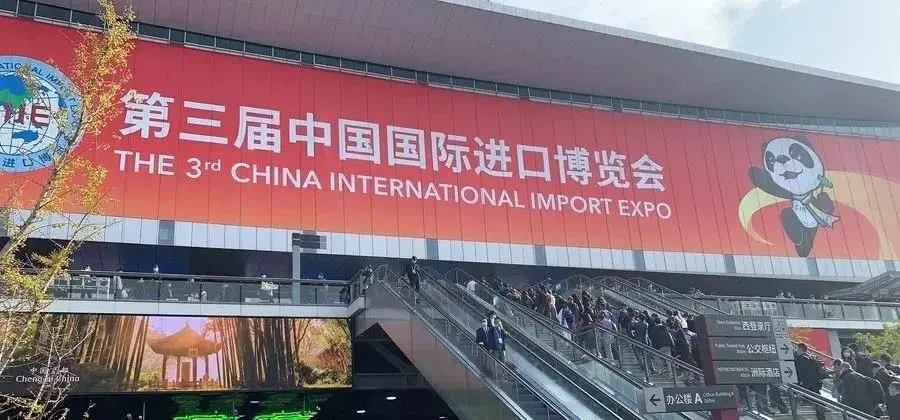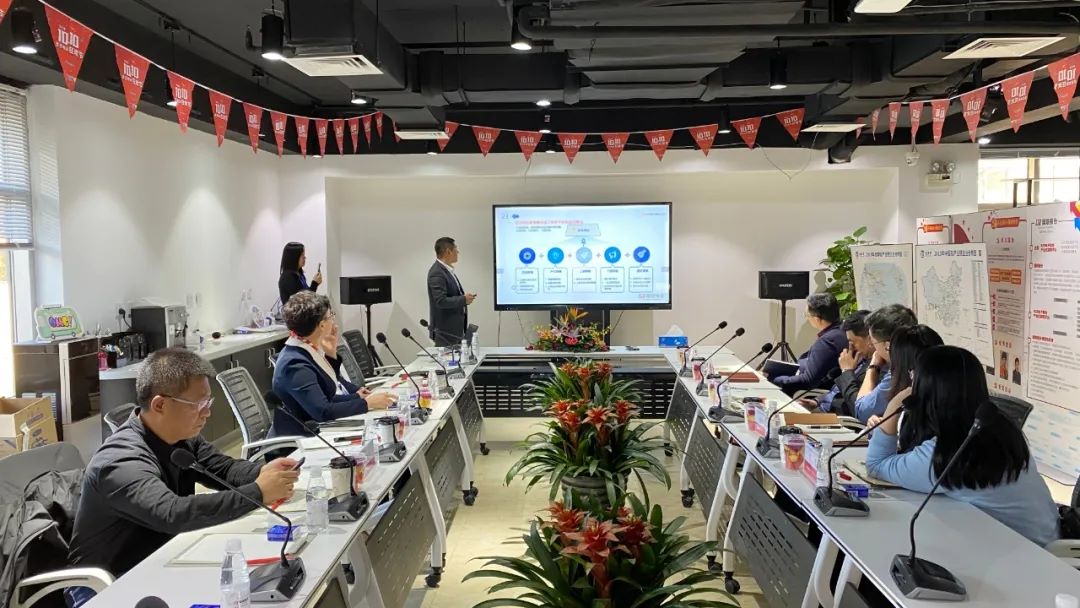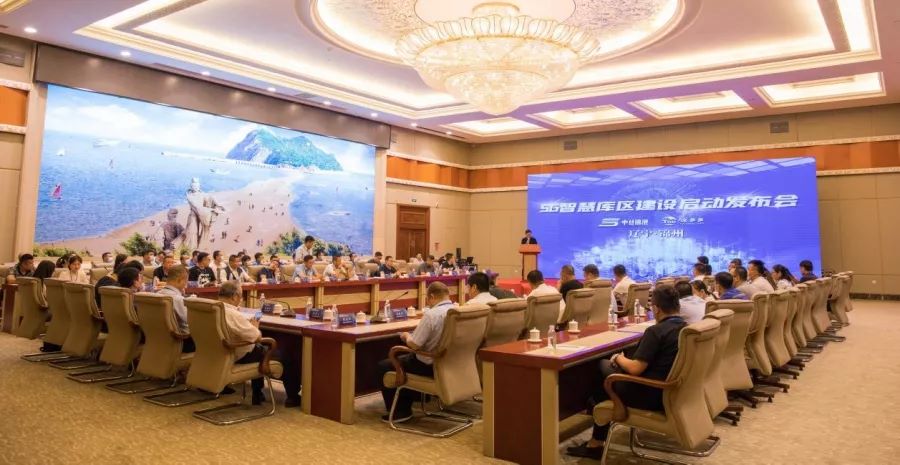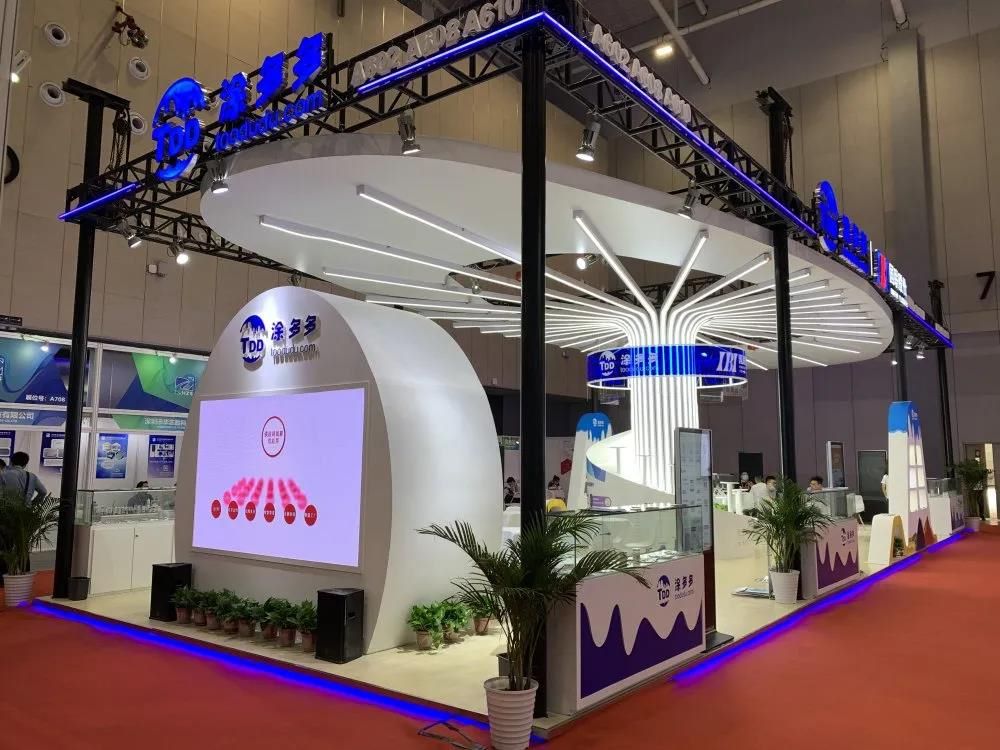As the global trade war escalates, tire companies’ overseas survival battle is imminent!
Against the backdrop of the global trade war, overseas factories of tire companies are facing a complex and severe situation, facing challenges from multiple dimensions, which have a profound impact on the production, operation and long-term development of enterprises.

Uncertainty of trade policies has increased significantly
The global trade war has caused frequent adjustments in trade policies of various countries and is full of uncertainty. In order to protect their own tire industries, countries have built trade barriers. For example, during the trade war, the United States not only continued to impose high "anti-dumping and countervailing" taxes on Chinese tire products, with tax rates fluctuating at high levels, but also may introduce new trade restrictions at any time. The European Union has also set more stringent technical standards and environmental protection requirements for imported tires and other non-tariff barriers.
This has caused overseas factories of tire companies to face problems such as a sharp increase in tariff costs and increased market access barriers when exporting products to target markets. The original strategy of relying on cost advantages to open up the international market has been severely impacted, product price competitiveness has declined, and market share has been further squeezed.
Risks in the raw material supply chain have intensified
The trade war has triggered global economic fluctuations, and the raw material market has also been deeply affected. The supply and prices of key raw materials required for tire production, such as natural rubber, synthetic rubber, steel cord, carbon black, etc., have become extremely unstable. On the one hand, the main raw material producing areas may implement export restriction policies due to the trade war, resulting in a shortage of raw material supply.
For example, if some major rubber producing countries in Southeast Asia set quotas or impose high export tariffs on rubber exports due to trade disputes, it will directly affect the raw material procurement of overseas tire factories. On the other hand, the global economic instability has led to large fluctuations in raw material prices, increasing the difficulty of corporate cost control. Traditional means such as hedging are greatly reduced in effectiveness under such drastic fluctuations. It is difficult for companies to accurately estimate production costs, and profit margins are severely compressed.
The global trade war has brought all-round and deep challenges to the overseas factories of tire companies. Companies must actively respond to it, starting from adjusting trade strategies, optimizing supply chain management, strengthening cross-cultural communication, and innovating brand promotion methods, in order to seek survival and development in a complex environment.
- A variety of ultra-high performance tires compete700
- Lubricant and tire prices soar due to tariffs965
- The more difficulties we face, the more courageous Chinese tires are1015
- Domestic and international rubber market situation on April 17, 20251037
- Cognitive breakthrough of tire safety technology: from single reliance to system construction970









